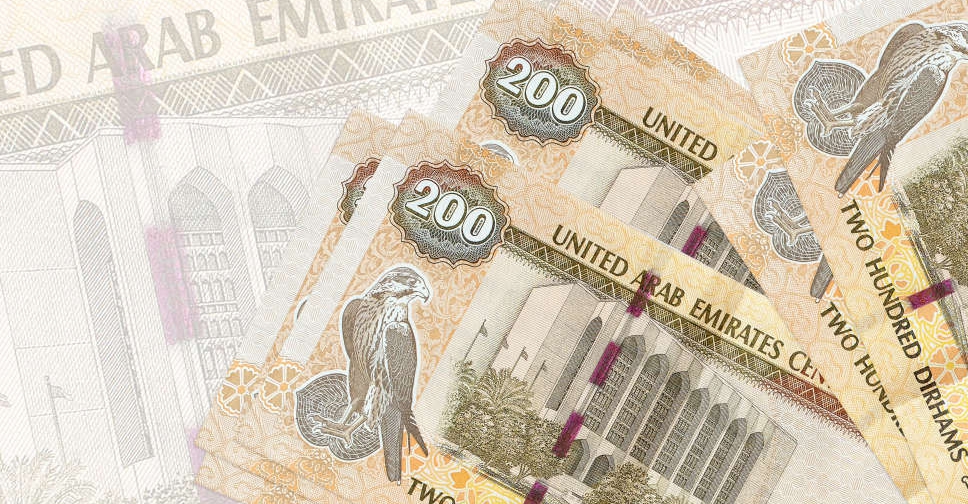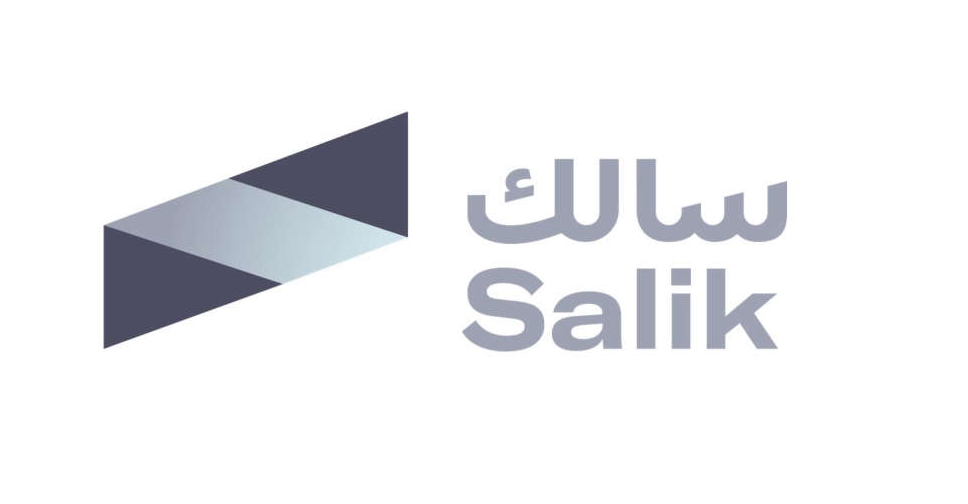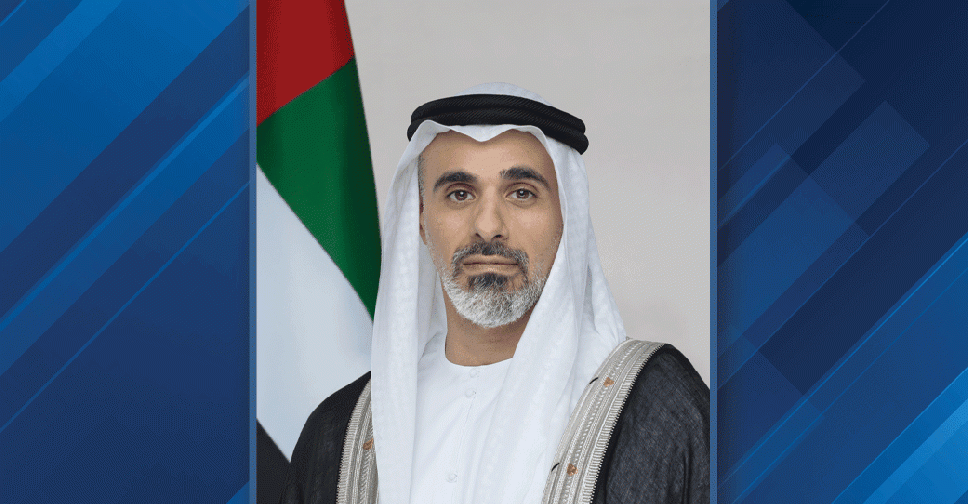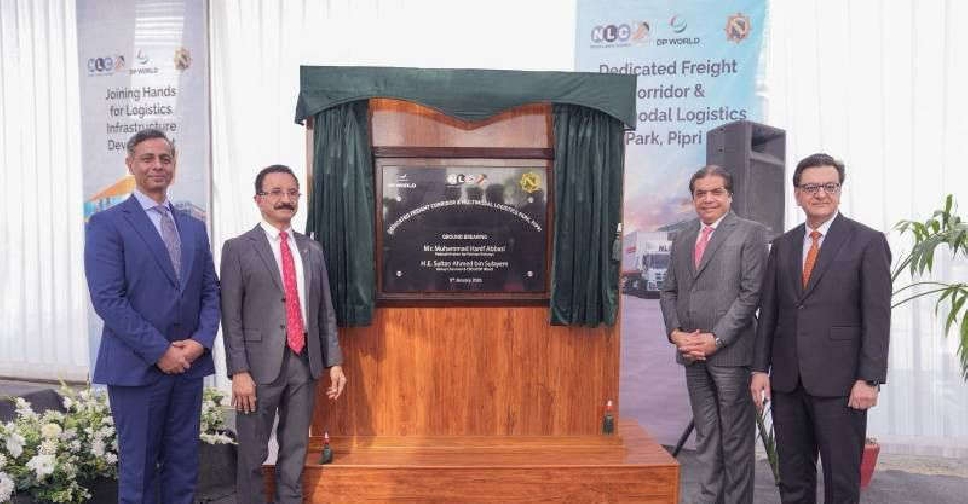
The UAE has imposed more than AED 42 million in fines on private sector firms across 1,063 cases of money laundering in the first half of 2025, the Ministry of Economy and Tourism said on Thursday.
In a crackdown on money laundering, the Ministry said that these violations cover four sectors under its supervision within the designated non-financial business and professions sectors.
A total of 473 violations were detected by several establishments in precious metals and gemstones trading sector, with fines worth AED 20 million imposed.
Establishments in the real estate brokerage sector received 495 violations, with a value of approximately AED 18.5 million, while the corporate service providers and auditors sectors recorded 95 violations, with a value exceeding AED 4 million.
Her Excellency Safia Hashim Al Safi, Assistant Undersecretary for Commercial Control and Governance at the Ministry, emphasized that these results reflect the progress made by the Ministry in developing its regulatory system, which is based on an advanced methodology aimed at ensuring the highest levels of compliance with anti-money laundering legislation in the country's designated non-financial business and profession sectors, based on a clear mechanism for on-site and on-site inspections.
She stated that these inspection campaigns are part of the Ministry's strategy to build a business environment based on transparency and governance, and to activate proactive oversight tools to address risks related to money laundering and terrorist financing. This will consolidate the UAE's position as a trusted economic hub that adheres to the highest global standards of compliance.
Al Safi explained that inspection teams detected violations based on specific technical indicators and regulatory standards, noting that the imposition of administrative penalties primarily aims to encourage establishments to rectify their situations and improve their internal systems, particularly with regard to implementing due diligence procedures, improving the quality of risk assessments, and enhancing the reporting of suspicious transactions.
Through these efforts, the Ministry of Economy and Tourism said it is working to spread a culture of preventive compliance and build genuine institutional awareness within the targeted sectors. It also continues field monitoring and evaluation to ensure full compliance with relevant legislation.
The Ministry called on all entities subject to anti-money laundering legislation to take advantage of this phase to develop their oversight systems and fully comply with regulatory requirements. It affirmed its continued implementation of inspection and oversight campaigns in accordance with a precise oversight plan based on international best practices.



 UAE, Philippines sign CEPA to deepen trade, investment ties
UAE, Philippines sign CEPA to deepen trade, investment ties
 Soon, you can pay for parking using Salik at Dubai Airports
Soon, you can pay for parking using Salik at Dubai Airports
 Abu Dhabi names board of new sovereign investment firm
Abu Dhabi names board of new sovereign investment firm
 H.H. Sheikh Mohammed hails Dubai real estate sector's exceptional growth
H.H. Sheikh Mohammed hails Dubai real estate sector's exceptional growth
 DP World, Pakistan Railways break ground on Pipri freight corridor project
DP World, Pakistan Railways break ground on Pipri freight corridor project







